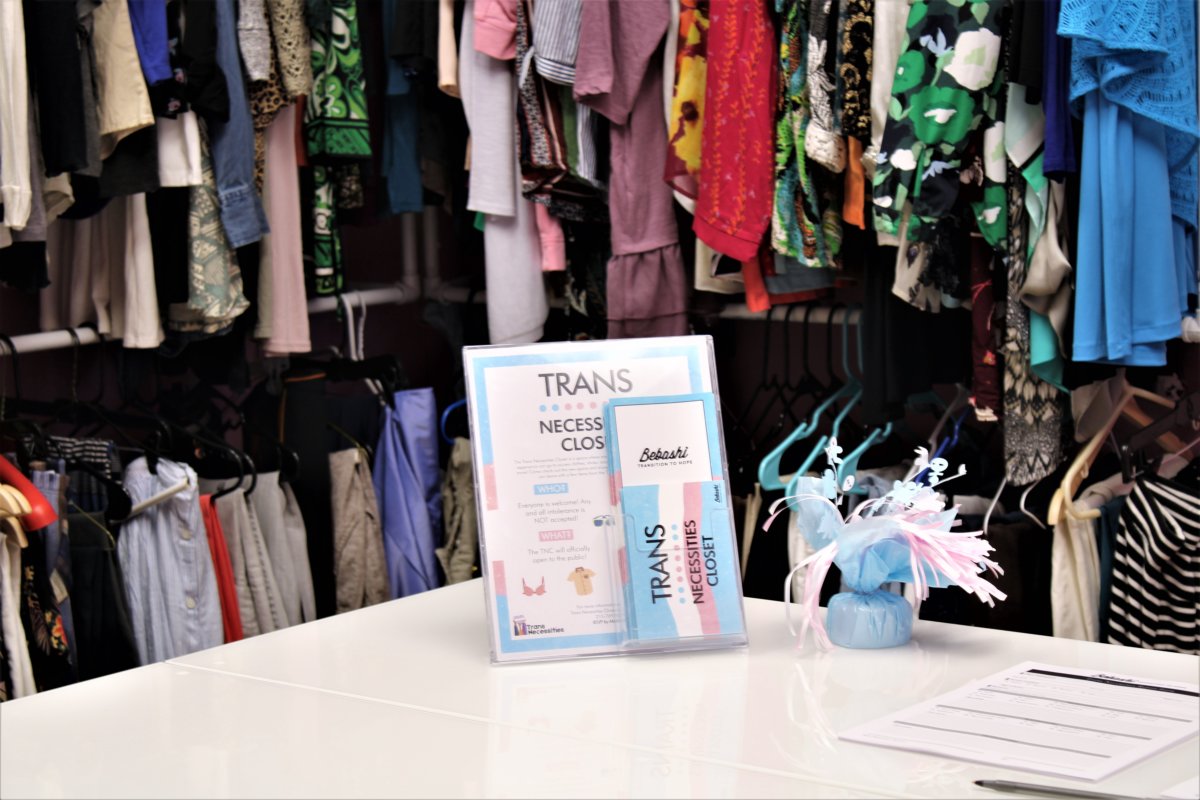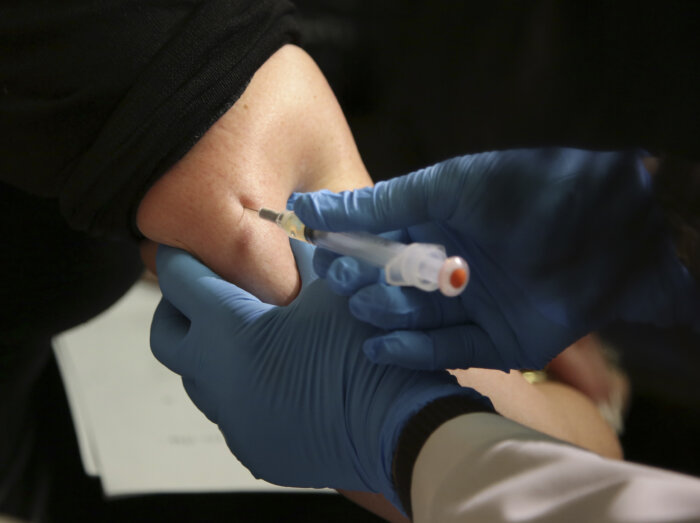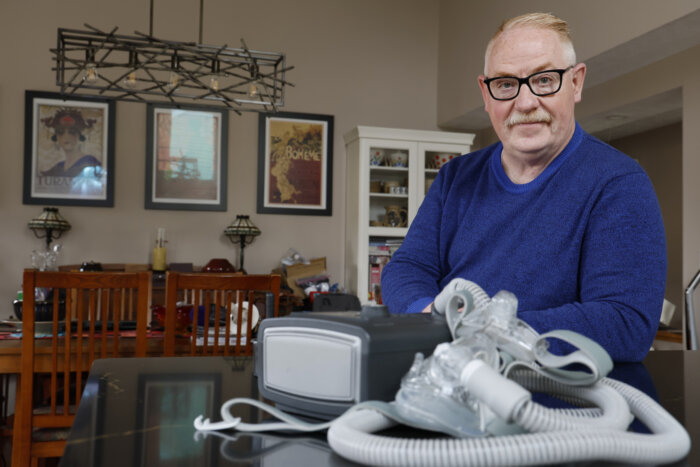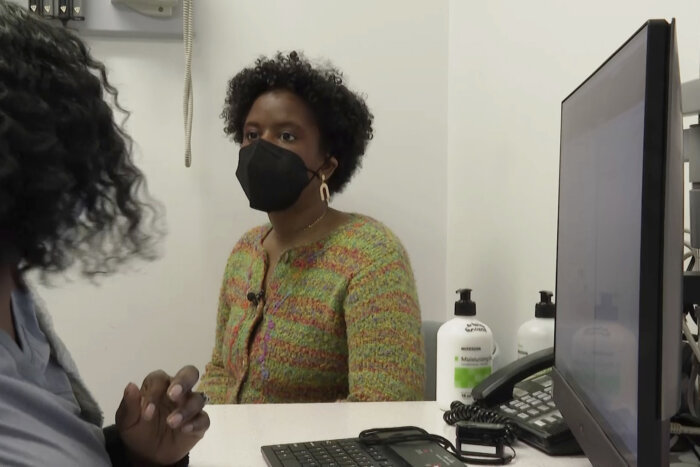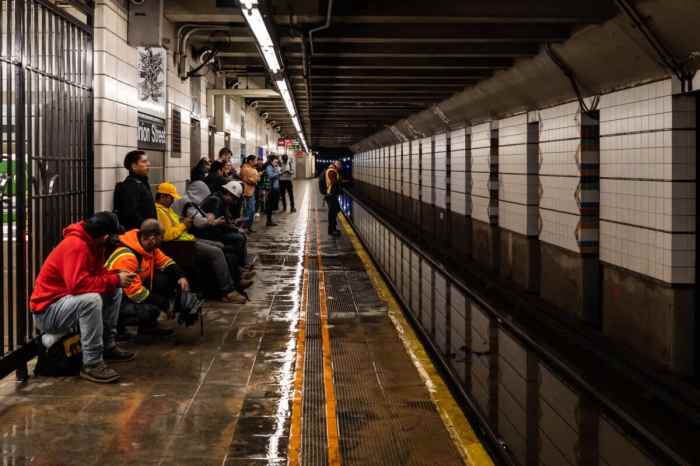As COVID-19 restrictions begin to lift, Bebashi is starting to welcome clients back to its Spring Garden Street office. From June 7, clients will be able to make in-person appointments to visit the nonprofit’s Trans Necessities Closet.
The first of its kind in Philadelphia, Bebashi’s Trans Necessities Closet is a safe space where persons of trans experience or gender non-conforming individuals can have free access to gender affirming clothing and accessories, learn about LGBTQ+ health and wellness, and obtain referrals for services such as legal name change or gender marker change for IDs, hormone replacement therapy, gender confirmation therapy, and more.
“Bebashi has remained open throughout the pandemic to serve our community but we are very excited to be able to start welcoming back our clients through our doors to equip them with the tools, resources, and support they need to improve their quality of life,” said Keisha Gabbidon-Howell, Interim Supervisor, Prevention Education Services and coordinator of the Trans Necessities Closet in a statement.
The announcement was made during Bebashi’s virtual panel event, “A Community Conversation on LGBTQ+ Access to Care,” held last week.
The virtual panel was moderated by Lee Carson, Director, Philadelphia Area Sexual Health Initiative, and included panelists Chris Landtroop, Board Member, Bebashi – Transition to Hope; Chris Bartlett, Executive Director, William Way LGBT Community Center; Jacen Bowman, celebrity makeup artist and Vice President, Philadelphia Black Gay Pride; and Evan Thornburg, Health Equity Special Advisor, Aids Activities Coordinating Office (AACO).
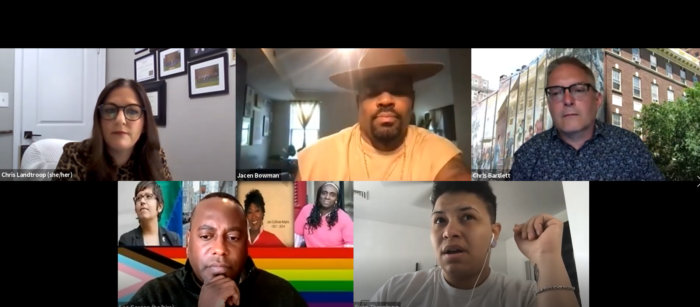
During the discussion, the group touched on several of the challenges that impact the ability of members of the LGBTQ+ community to access high quality, culturally sensitive healthcare.
“One of the biggest barriers I have seen in my work with HIV, especially for persons of trans experience, is just competency and care,” said Thornburg. “One of the things that is consistently reported by persons who have fallen out of or don’t engage with care or medical case management, particularly after being diagnosed with HIV, is the mistreatment that they receive. Not just mistreatment around their identity, but also the assumptions that come with a trans or queer identity, and a positive diagnosis.”
These challenges are further complicated by intersectionality and other factors that impact the LGBTQ+ community, such as poverty and race, causing the health disparities within the community to go even deeper.
The collection of sexual orientation and gender identity (SOGI) data, or lack thereof, was also raised by Bartlett as something that needed to be addressed if there is to be a significant improvement in the healthcare options for the LGBTQ+ community. Once collected, this data could help to identify the ways in which the community is not being served and “to tell the stories of our LGBTQ+ and people of color communities.”
Significant change also only comes when we start to “put people who identify as LGBTQ+ in charge,” said Thornburg. “The people who inhabit those identities are the ones who would know what is needed for the community when it comes to healthcare, so give them those jobs.”
To learn more about Bebashi – Transition to Hope, visit bebashi.org or call 215-769-3561.



